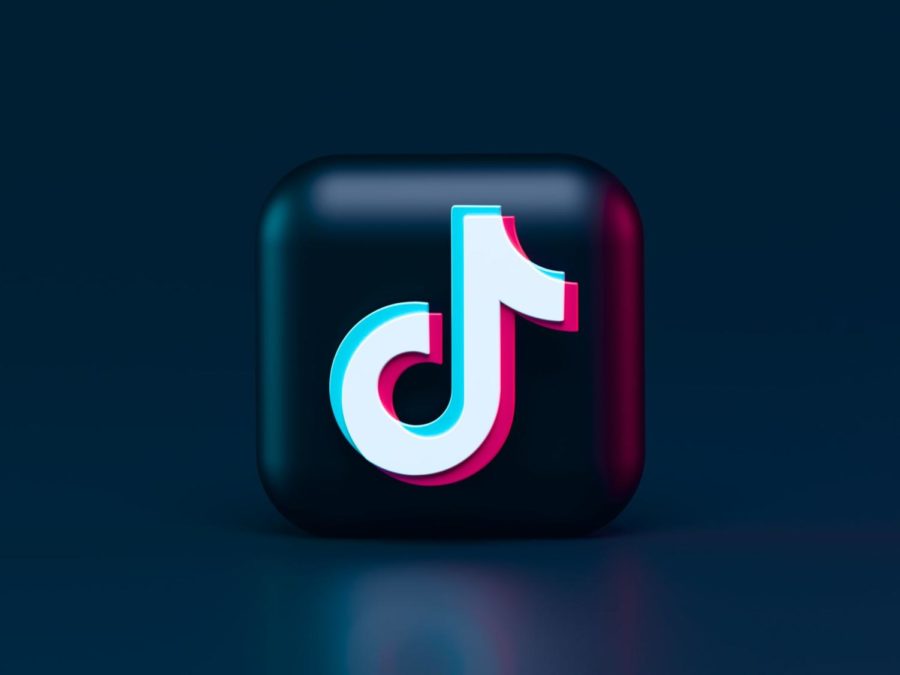Bekkerus: ‘Trending now’: Music in the TikTok era
October 3, 2021
If you’re like me, you’re one “berries and cream” TikTok away from deleting the app. It’s pretty safe to say the trend has been run into the ground at this point. But in between that jingle remixed with “Say So” by Doja Cat playing on repeat in my head for the past month, I’ve had time to think about TikTok trends and how they’ve impacted the music industry.
The rise of TikTok, its content creators and small artists is considerably due to the pandemic. Everyone was stuck at home doing nothing but sitting on their phones, consuming endless content and maybe even making their own. Because of that huge shift in the world, music labels had to make a change in how they advertise, sell content and make money, and they had to do so quickly. TikTok seemed to be a stroke of luck.
Labels have increasingly utilized TikTok to help artists gain traction, which has proven to be much more efficient than previous methods. In an interview with NPR, LA Timespop music critic Mikael Wood said, “[On TikTok,] you could hear the same song in five different videos in five minutes, which is a kind of exposure that you would never get on Top 40 radio.”
This pattern of rapid change can be difficult to master: No one ever knows what trend is going to take off next. Sure, there are some educated guesses, but I don’t think anyone could have predicted “berries and cream.” Because of this, labels have to constantly watch trends because those trends will fall in and out over the span of a day or two.
But once this analysis of trends is mastered, it becomes increasingly simple to profit off of it. TikTok is one of the most popular apps in the United States: users check the app 19 times a day on average, and they spend around 89 minutes scrolling per day. This, of course, equals more exposure and traction for artists and more money for labels.
Looking at the statistics, TikTok for Business says that 47 percent of users add songs to their favorites after hearing them on TikTok, 46 percent look at the artists’ profile, and 43 percent follow the artist. This amount of engagement is great for labels to promote music and also discover small artists, which is surely profitable for them but may not be for the underground musicians.
For an artist to be signed with a label, they usually have to prove to the label that they are worthy of signing: this may come in the form of a viral song, video or otherwise. Signing with a label seems to be the final step in an artist’s climb to fame, but it may not be all that it’s cut out to be. Artists tend to make most of their money from merch, ticket and music sales, not streaming and music releases.
With streaming services being the predominant form of music consumption, artists may make very little money from just having a viral hit. Then, the labels swoop in and take what little money these smaller artists have made in the first place.
What’s more, TikTok’s algorithm and boosting habits can make it very difficult to even achieve a viral hit in the first place. Although 40 percent of TikTok users say that they discover new artists on the app, it’s ultimately up to TikTok to decide what goes viral and what doesn’t. TikTok has an entire division within the company dedicated to watching music trends and working with top creators, labels and artists to boost certain songs.
“TikTok has a really large hand in their community because they can push content,” TikTok user NiceMichael said to Rolling Stone. “… I’ve had that happen before where I texted my manager, and I was like, ‘Hey, how come this didn’t do good?’ They were like, ‘I’ll look into it, winky face.’ Within the hour, it had 80,000 more likes than what it had before. They have some magical button that they can press and just promote [a video] to the world.”
Selectiveness and the complicated algorithm of what is essentially an app for memes can also lead to some strange twists in what we see on the music charts, as Emily York points out. A song that becomes popular as a joke on TikTok can easily infiltrate music charts, no matter what the song is.
“While other artists work toward such an achievement with higher quality music, a song released as a joke was able to overcome them, showing just how TikTok was able to ruin music,” York said of the song “Times We Had,” a song that was released as a joke.
TikTok’s impact on music trends isn’t all bad, though: we can’t forget about Fleetwood Mac’s “Dreams” rising through the charts decades later, one of many throwbacks that have gained a spotlight for a second time.
As TikTok continues to evolve at the speed of light and trends come and go, it’s difficult to say that the app is either objectively good or bad. The app has created such a gray, in-between impact on the future of music that it’s impossible to predict what’s next. But one thing is for sure: music labels are going through a complete overhaul, and small artists need to watch out — their label may turn them into a one-hit wonder or, worse, just another “berries and cream” trend.

















